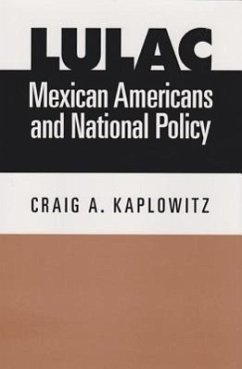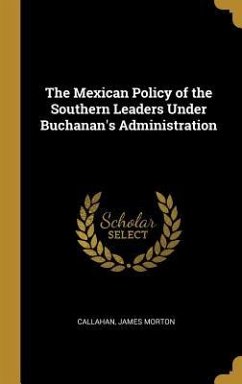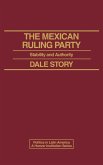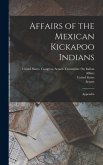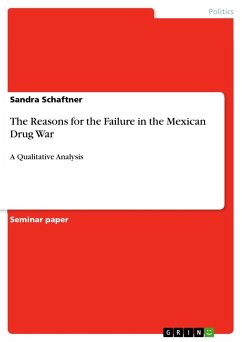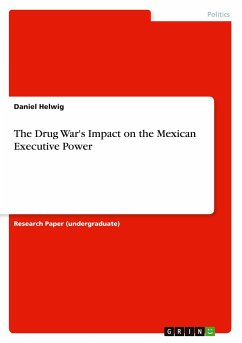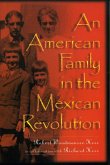Through the dedicated intervention of Lulac and other Mexican American activist groups, the understanding of civil rights in America was vastly expanded in the late 1960s and early 1970s. Mexican Americans gained federal remedies for discrimination based not simply on racial but also on cultural and linguistic disadvantages. Generally considered one of the more conservative ethnic political organizations, Lulac had traditionally espoused nonconfrontational tactics and had insisted on the identification of Mexican Americans as "white." But by 1966, the changing civil rights environment, new federal policies that protected minority groups, and rising militancy among Mexican American youth led Lulac to seek federal protections for Mexican Americans as a distinct minority. In that year, Lulac joined other Mexican American groups in staging a walkout during meetings with the Equal Employment Opportunity Commission in Albuquerque. In this book, Craig A. Kaplowitz draws on primary sources, at both national and local levels, to understand the federal policy arena in which the identity issues and power politics of Lulac were played out. At the national level, he focuses on presidential policies and politics, since civil rights has been preeminently a presidential issue. He also examines the internal tensions between Lulac members' ethnic allegiances and their identity as American citizens, which led to Lulac's attempt to be identified as white while, paradoxically, claiming policy benefits from the fact that Mexican Americans were treated as if they were non-white. This compelling study offers an important bridge between the history of social movements and the history of policy development. Italso provides new insight into an important group on America's multicultural stage.
Hinweis: Dieser Artikel kann nur an eine deutsche Lieferadresse ausgeliefert werden.
Hinweis: Dieser Artikel kann nur an eine deutsche Lieferadresse ausgeliefert werden.

